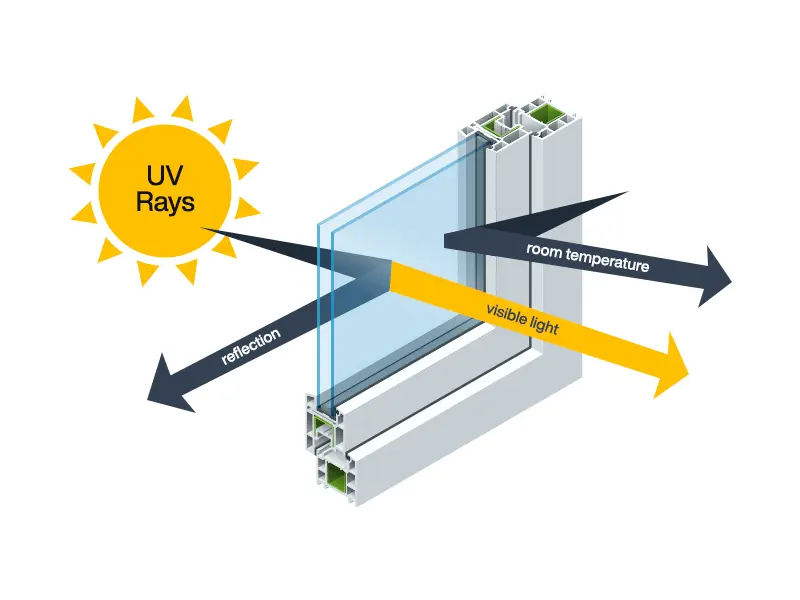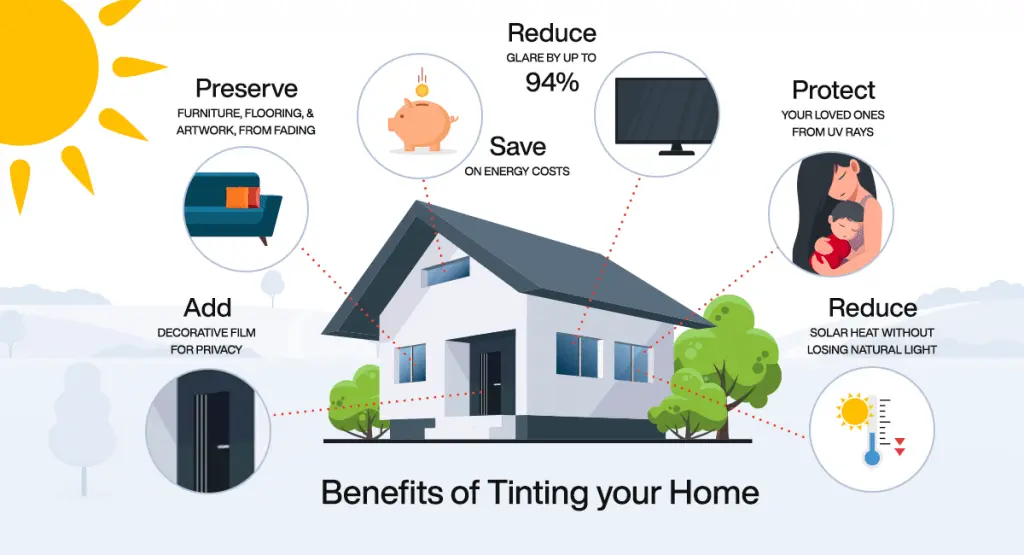Window tinting is, hands down, one of the best ways of investing in your home, car, or office.
In recent months, we’ve seen many MA residents choosing to put their trust in Pelicar for all the benefits of window tinting. But one common misconception is that window tint and window film are one and the same.
However, they aren’t synonymous. To help clear up any misunderstandings (and for future reference), here’s a list of the key differences that set window tint and window film apart.
Window film is the generic term used to refer to any window film product. It’s usually composed of a thin polyester sheet installed in cars, industrial and commercial buildings, and homes to meet particular needs.
Window tints are dyed or colored films. So we can say all window tints are window films, but not all window films are window tints.
One good example of window tints is adhesive films specially made to decorate a commercial building area, though the term can also refer to the act of adding a shade or material to panes to block out UV rays.
Read more: 8 main benefits of Car Window Tinting
Both window tints and films help preserve your furniture, carpets, and upholstery. Without them, the sun’s rays seep through the windows unfiltered. Prolonged exposure can cause fading over time and shorten the life of personal items.
But window films and other kinds will keep out 99% of UV rays from getting in.
Some tints also act as insulators, keeping out the heat in the summer and keeping it in during the winter. That means adding extra comfort to your home and helping you save on energy costs for heating and air conditioning.

Window tints can also contribute to safety! Darker shades, for example, might help prevent people with bad intentions from peeping into your vehicle.
Window tints can also add resistance to your car windows with their extra layer of protection. And in case of accidents, films will prevent the glass from shattering and falling onto drivers and passengers.

One notable difference is that window tinting means changing the shade of windows, some more radically than others.
For more on window tint percentages, check out these articles:
Window tints are usually applied to commercial buildings, and window films are more likely to be installed in houses and apartments.
But regardless of the chosen color or shade, the ultimate goal is to help reduce energy costs and shield against UV rays.
That’s because window tints are known for blocking natural lighting from getting in, which is a benefit for office environments where glare might be a problem.
Window films generally have a lighter finish, catering to homeowners who want to prevent UV rays from getting inside their homes without losing natural lighting.
You might also like: Does tinting home windows save energy?
Do you live in or around MA? Then your search for the best window tinting installer shop is over!
Pelicar has over 30 years of experience installing films for cars, homes, and offices.
With a combo of cutting-edge technology and expertise, we offer customized solutions to ensure you get a film that meets your needs and fits your budget.
We’re 100% committed to the high quality and durability of the products used, which is why we choose to work with 3M™ Automotive Films.
3M™ Automotive Films can guarantee: